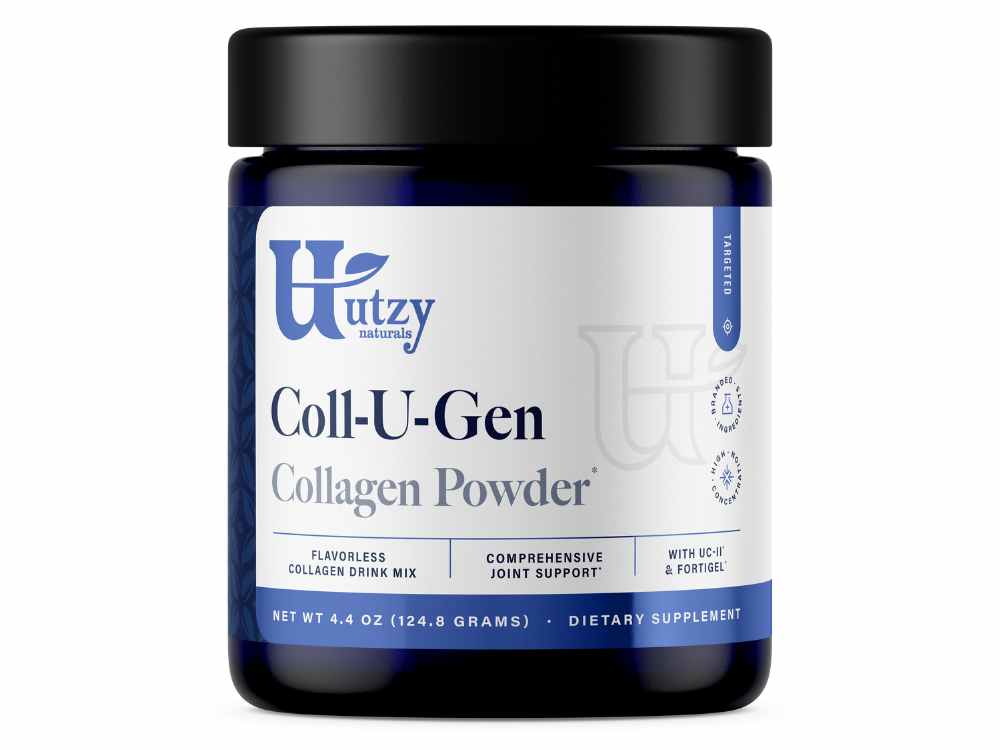Your Cart is Empty
COLLECTIONS:
SPECIAL OFFERS:
LEARN:

Tips For Falling Asleep At Night
May 03, 2017 4 min read
By Dr. Allison Brager
Sleepless nights are a bane to the human existence. Shakespeare, Ben Franklin, and many other notable figures had plenty to say about it.
That's why we are bringing you our best tips for falling asleep.
There are two key components for falling asleep:
1. Establish A Sleep Routine.
…..and make it as militant as possible.
You may know that I have studied body clocks for the past ten years. As I have mentioned prior, our bodies and brains have sets of self-sufficient, self-operating, and self-sustaining biological clocks. These biological clocks tell us when to eat, when to wake up, when to sleep, and when we perform our best.
These body clocks are sensitive and adapt to their environments. Light is the most potent environmental cue for our body clocks, but other basic needs work just as well in cueing and re-setting our body clocks: food, exercise, and even stress. Thus, if you can plan your meals, plan the best time to workout, and plan your stress (if it’s inevitable) around certain hours of the day, your body will adjust its physiological demands accordingly. Everyone should have a bedtime routine AND morning ritual.
Looking to sleep better? Get our Free Sleep Diary!
2. Avoid Light (and Noise) When Sleeping
.....start this process an hour before bed.
Brightlight disrupts Melatonin release. Melatonin is the “hormone of darkness.” Melatonin release is triggered by darkness and dim light. Ever feel extra sleepy in a swanky restaurant or bar even in the absence of libations? Melatonin is released to help us fall asleep and stay asleep. I’ll say it again: put away those smart technologies, turn the TV off, and dive into a classic novel an hour before bed.
Interested in a Natural Sleep Aid for Falling Asleep? Consider our Doctor-formulated Fall Asleep Product
Bedtime Rituals and Other Sandman Musings:
- -Get extra Tryptophan in your system. The amino acid Tryptophan produces Serotonin: a neurochemical driver of sleep. Tryptophan is found in high abundance in our bodies. But, there’s nothing wrong with having some extra tryptophan in the tank. A healthy protein snack high in Tryptophan (turkey) before bed prevents blood sugar levels from spiking during the night partly due to its slow digestion. Spikes in blood sugar levels can wake you up
- -Supplement with Vitamin B. Vitamin B is well-known to promote energy and alertness, but do you know that it can also promote sleep? Vitamin B aids in the conversion of tryptophan into serotonin. One lesser-known but potent source of Vitamin B (and other valuable nutrients) is blue-green algae. You can also supplement with Vitamin B via a multi-vitamin supplement.
- -Supplement with Magnesium. Magnesium directs many biochemical actions of the body, such as relaxation and calmness. This makes it a perfect mineral to take before bed. Check out our U-Mag Organic lemon flavored drink mix!
- -Create a sleep-friendly environment.Minimize light, minimize noise, sleep on a firm and cooling mattress (check out our friends at Performa who make mattresses for the high-performer), and make your feng shui (spatial arrangement) of the room to your liking. No one wants to sleep and wake up to neon green painted walls (which I actually did for a long time until I realized how unfriendly the color was for sleeping).
- -Alter your Thermoregulation, slightly. For years, doctors have recommended heat before bed to induce sleepy-like blood flow. Nowadays, scientists are finding that brief exposure to cold has anti-stressful, pro-sleep effects. Regardless of hot or cold, a slight but routinechange in your core body temperature can be beneficial.
- -Blast yourself with sunlight in the morning. Nothing jolts your body clocks awake and keeps them ticking (entrained) throughout the day like 15-30 min of sunlight in the morning. Sleep scientists from the University of Colorado took students camping for a few weeks and discovered that our body clocks are more sensitive and stabilized by natural light compared to artificial light. Consider adding sunlight to your morning routine!
If you'd like more sleep tips, check out our article on 33 sleep tips for getting better sleep at night.
______________________________________________________________________________

Dr. Allison Brager is a neuroscientist specializing in the physiology and genetics of sleep and performance. She is author of Meathead: Unraveling the Athletic Brain which debunks the myth of the "dumb jock" and serves as a manual for optimizing athletic performance through neuroscience. Outside of the laboratory, she is a former D1 varsity athlete, Crossfit Games team athlete and still competes in track and field: pole vault and hurdles.
______________________________________________________________________________
Other Resources for Optimizing Sleep:
1. My book, “Meathead: Unraveling the Athletic Brain” describes many unique properties and functions of sleep tailored towards bettering human performance.
2. Podcast on How To 10X Your Sleep
3. Invest in a quality mattress. I used to trick myself into thinking my dorm room mattress was sufficient, nope. A firm mattress that has cooling properties (typically through copper lining) is best. Go check out my friends at PerformaSleep. Georgia engineers who designed a mattress for athletes and those who want to excel like pro athletes.
Leave a comment
Comments will be approved before showing up.
Also in Utzy Blog

How to Create A Morning Ritual That Will Supercharge Your Productivity
October 31, 2017 4 min read
Read MoreSubscribe
Sign up to get the latest on sales, new releases and more …
Join the Utzy Naturals Club!
Sign up and get the latest on sales, new releases, and more...










